Best African Literature - Top 10 Must Read Books

Meshack Asare, Sosu's Call (1999)
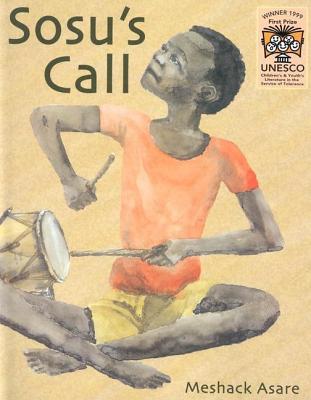
African Literature - If you are a lover of literature you will enjoy reading these African books. You will not only enjoy them but also find them enlightening. Books written by Africans about African issues and for the most part set in Africa.
Published in 1999, Sosu’s Call is one of the best African books. The 1999 UNESCO prize and IBBY's Outstanding Books for Young People with Disabilities award are two awards that add to the credibility of the previous statement.
Meshack Asare uses Sosu, a disabled boy, to save the villagers from a flood. The themes of heroism and determination can be heard loudly through the actions of Soso, a boy who cannot walk.
Peter Kimani, Dance of the Jakaranda (2017)
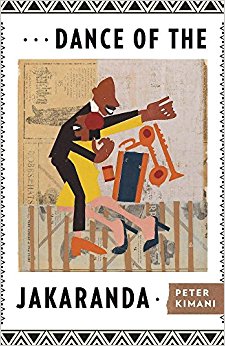
In the Dance of the Jackaranda, Peter Kimani skilfully uses the African language and the tools of literature to tell the story of the construction of the railroad.
Kimani tells this story through the lives of preacher Richard Turnbull, colonial administrator Ian McDonald, and the Indian technician Babu Salim. The lives of these gentlemen crisscrossed in the somewhat murky circumstances that surrounded the birth of a child.
The murky events, however, did not come into play until the grandson of Babu romantically entangled himself to a mysterious stranger he met in a dark nightclub. The novel focuses on the themes of race and cultures and colonialism in Africa.
Bessie Head, Maru (1977)
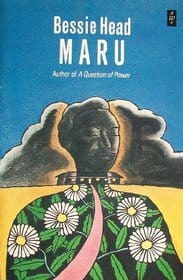
Hailed as one of Africa’s best-known writers, Bessie Head weaves a tale of intrigue and emotions in her novel Maru. Published in 1977, Maru is the story of a Margeret Cadmore and the struggles that she endured as she transitioned through life.
A missionary woman by the name of Margaret discovered Margaret as baby beside the body of her dead mother. As a child, other children bullied Margaret in school because of her heritage nevertheless she excelled in her education.
A scholarship gave Margaret the opportunity to move to another village as a school teacher. Instead of starting over with a new identity, Margaret proudly proclaims her tribal lineage.
One of the must read books in African literature, Maru (1977) takes readers on a journey filled with mystery, love and a lot of pain.
Tsitsi Dangarembga, Nervous Conditions (1988)
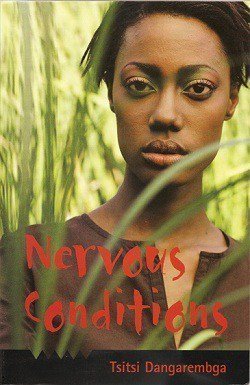
Nervous Conditions (1988) is the first book in a trilogy of books written by Zimbabwean Tsitsi Dangaremba. Women’s Press first published the book in 1988 in the United Kingdom.
The novel tells the story of a Rhodesian girl, Tambu, who works feverishly to overcome the odds and earn an education. While doing so, the author sheds light on racism, colonialism, and gender, issues that were prevalent in Rhodesia.
Dangarembga takes the title from the introduction to Frantz Fanon's The Wretched of the Earth written by Jean-Paul Sartre. This is one of the books in Africa literature that can serve as an inspiration. Another Must
Read: Best Novels About Africa
Ayi Kwei Armah, The Beautiful Ones are Not Yet Born (1968)
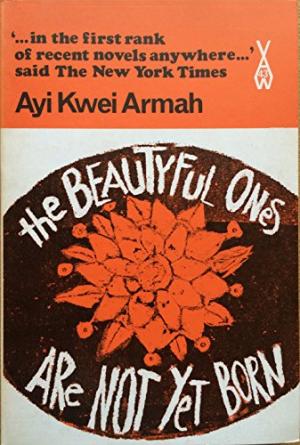
Ghanaian writer Ayi Kwei Armah disrupted the African literary world with his first novel The Beautiful Ones are Not Yet Born in 1968. Initially published by Houghton Mifflin, literary giants, Heinemann African Writers Series republished it in 1969.
The story gives us a unique perspective on the Ghana that emerged after independence. The protagonist, “the man” while working at a railway station receives a bribe.
He declines the bribe but his wife makes him feel guilty for declining the bribe. The story continues by showing how corruption passes from the officials and elite to the lower classed citizens of Ghana.
Ngugi wa Thiong'o, Petals of Blood (1977)
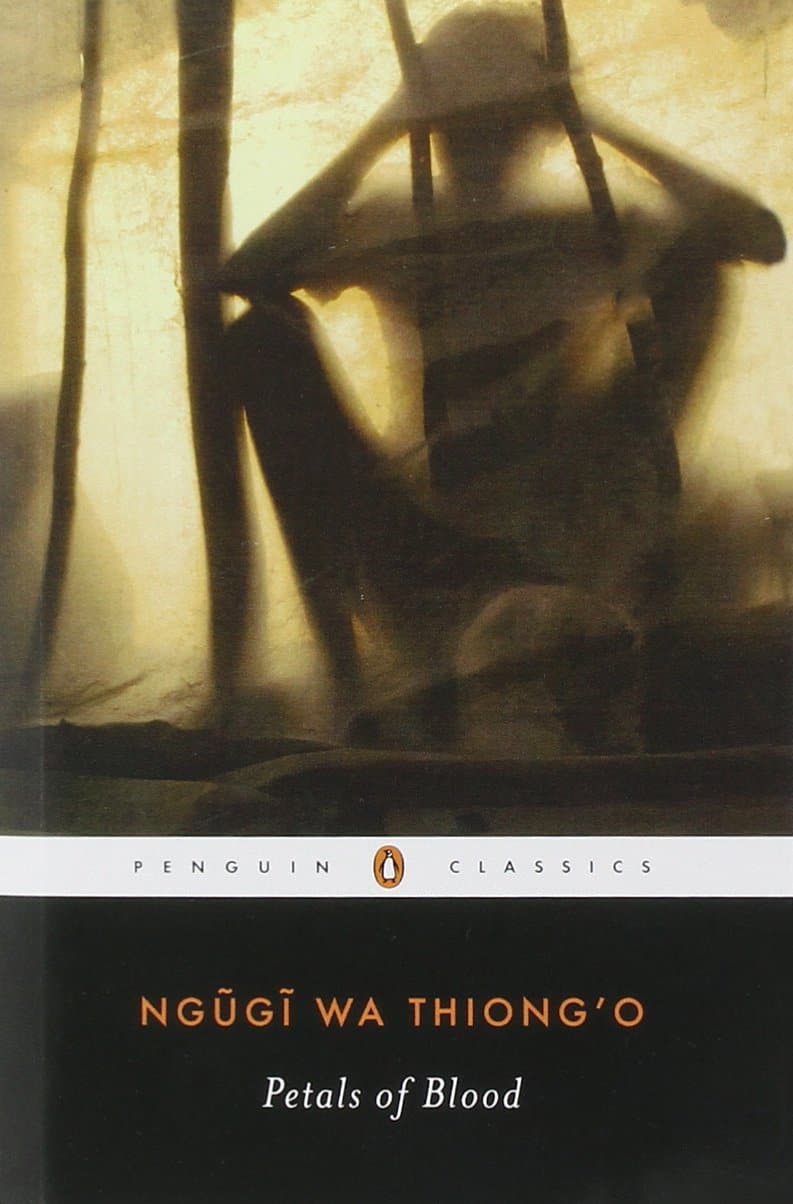
The novel Petals of Blood is an African novel set in Kenya. The book focuses on the themes of oppression during and after British rule and the west's intrusion into Kenya.
The novel follows the lives of four characters who all have the Mau Mau rebellion in common. The characters eventually escape to the rural village of Ilmorog. The novel describes how the characters react to the changes that come about because of the rebellion as well as with the new Western influences in Kenya.
Naguib Mahfouz, The Cairo Trilogy, 1945
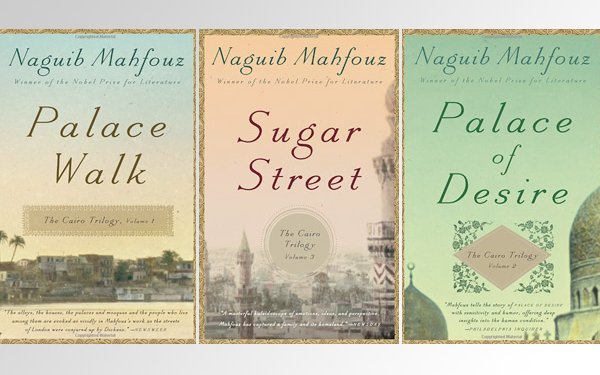
The Cairo trilogy is a trilogy of books written by Egyptian novelist and Nobel Prize winner Naguib Mahfouz. The three books are Palace Walk, Palace of Desire and Sugar Street.
The trilogy traces the lives of a Cairene family. The patriarch of the family is a very stern man but at the same time, he enjoys a life of luxury. Mahfouz portrays members of the family at different stages of their lives.
The resounding themes of the trilogy are social progress. The book is set in in Cairo during Britain’s occupation of Egypt in the early decades of the twentieth century.
Mia Couto, Sleepwalking Land (1992)
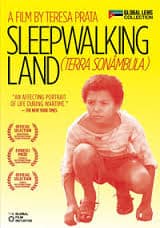
In 1995, Sleepwalking Land received the National Fiction Award from the Association of Mozambican Writers. The Zimbabwean Book Fair panel chose it as one of the twelve best African literature of the 20th century.
Written by Mia Couto, Sleepwalking Land tells the story of two people who meet during war-ravaged Mozambique. These two persons, a boy, and a man travel together.
On their way, they find some notebooks beside one of the many corpses they pass on the street. They take shelter in a burnt bus and the young boy reads the story between the covers of the notebooks. The story, written by the unknown Kindzu, recounts the development of an independent Mozambique.
What to read next: Facts about Mozambique
Mariama Bâ, Une si longue lettre (1979)

Another of one of Africa’s greatest literature is Une si Longue Lettre written by Mariama Bâ, a Senegalese author. In 1980, it won the first Noma Prize for Publishing Africa.
Literature teachers now use this novel in their classes. So long a Letter is really a long letter. The writer of the letter is the protagonist Ramatoulaye Fall. In the letter, Ramatoulaye Fall is telling her friend, Aissatou Bâ, about the death of her husband.
However, the reader also gets to read about significant events that took place in Fall’s life. In the novel and through Fall’s letter, the theme of women’s role in post-colonial Africa is loud and clear.
Chinua Achebe, Things Fall Apart (1958)
The cover of Things Fall Apart is the featured image of this article. Written by Chinua Achebe, Things Fall Apart traces the transition of Africa and its people from pre-colonial times to post-colonial times. Achebe tells this story through the life of the main character Okonkwo who lives in Umuofia, a Nigerian village.
The first part of the story details Okonkwo’s personal life and his family life. The book also exposes readers to some elements of the culture of the Igbo society.
The second and third parts of the book describe the changes that take place as a result of British colonization and the different responses to the changes.
The title of the poems comes from the first verse of W. B. Yeats's poem, "The Second Coming": Things Fall Apart is used in schools in Africa and was one of the first African novels to receive international acclaim.

